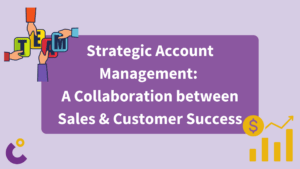

Mastering the Art of Customer Success: Top Skills of World-Class CSMs
Are you interested in learning what skills make a world-class Customer Success Manager? Do you want to know how managing customer accounts proactively can help retain and grow revenue and customer satisfaction? If so, then you’ll want to know about the following skills a great CSM needs to balance in their day to day.
We at Customer Obsessing Consulting are convinced of the following: There are really four key categories here, that help us to coach CSMs in our approach, which are Soft Skills, Project Management Skills, Business Skills, and Technical Skills.
Soft Skills
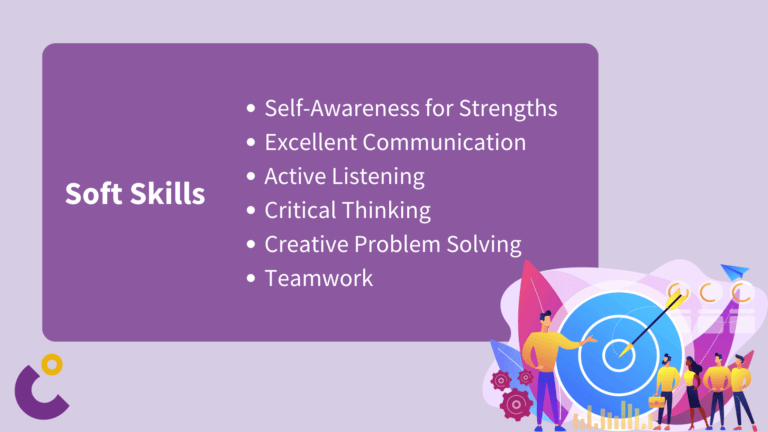
An outstanding CSM needs to be an excellent communicator who can empathise with customers’ needs, actively listen to their concerns, and provide clear and effective guidance. They should be able to think critically and solve problems creatively. Not only are they adaptable, but also able to work effectively in teams, and eager to continuously learn to stay ahead of the competition. All these soft skills are rooted in a well-developed self-awareness of the individual talents and strengths they bring, as the shaping of the soft side of the role should match each CSM’s individual personality.
Project Management Skills

A CSM is essentially the project manager of each customer’s success plan in their portfolio. They are responsible for managing customer accounts, identifying their needs and goals, and developing strategies to achieve them. So the ability to plan, execute, and monitor projects effectively is just as crucial as setting realistic goals, managing stakeholders, and delivering results on time and within budget. The complexity of projects might vary depending on the customer segment that a CSM is serving and the maturity level of the overall post-sales organization. But at the core of it, the CSM should sit comfortably in the driver’s seat of each customer success plan.
Business Skills
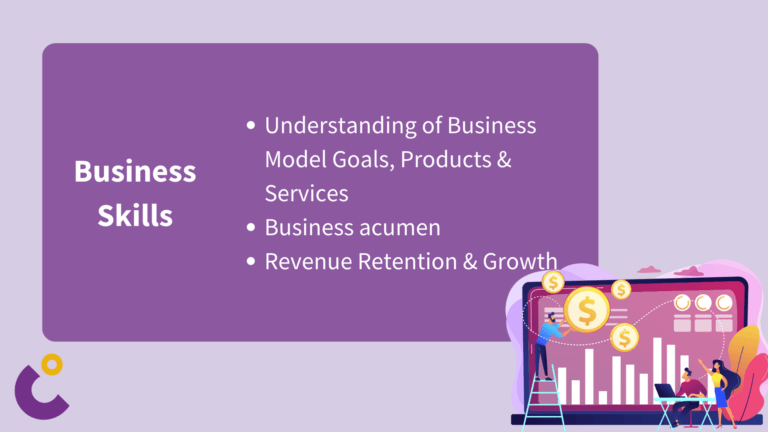
A great Customer Success Team isn’t a cost center, but really an extra revenue center geared towards making existing customers more successful with deeper product integration. As part of that, a CSM should have a deep understanding of the company’s business model, goals, and products or services. They need to be able to align their customers’ needs with wider business objectives. This obviously entails identifying opportunities for growth and upselling, but also advocating for customers internally to drive e.g. product development. They should generally be able to navigate complex organizational structures, communicate with different departments and stakeholders, both on the customers’ side and within their own organization. Providing actionable insights to drive business success is at the core of what makes a great CSM.
Technical Skills
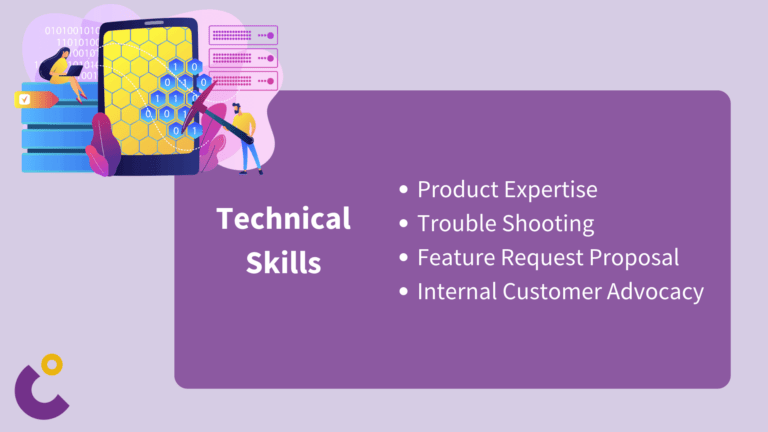
Last but not least, having technical skills can help a great CSM tremendously in succeeding in their role. While not necessarily mandatory, it helps them to understand and troubleshoot technical issues that arise with their customers. Obviously the customer success responsibilities shouldn’t stretch into the support team, but triaging issues and understanding the impact a technical difficulty can have on the overall success with a product is foundational. Technical skills will also enable you to understand your company’s product offerings more thoroughly and communicate internally with technical colleagues in teams like product and development.
Long story short…
To sum up, becoming a world-class CSM requires a combination of soft skills, project management skills, business skills, and technical skills. Continuously learning, improving and adapting will put you on the path to success in this exciting and rewarding career.
This might also interest you


Beyond Internal Walls: Unlocking the Power of External Customer Journey Mapping

From Map to Magic: Turn Your Customer Journey into Actionable Strategies

Decode Your Customer Journey: A Step-by-Step Guide to Mapping Success

Beyond the Score: Transforming Net Promoter into a Growth Engine – Net Promoter System

Turn Your Raving Fans into a Sales Force: Using Customer Advocates as Your Reference Pipeline
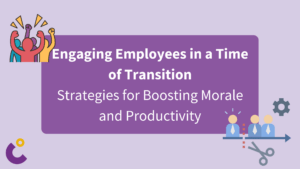
Engaging Employees in a Time of Transition: Strategies for Boosting Morale and Productivity

Capacity Modeling for Customer Success

Data Driven Customer Success
